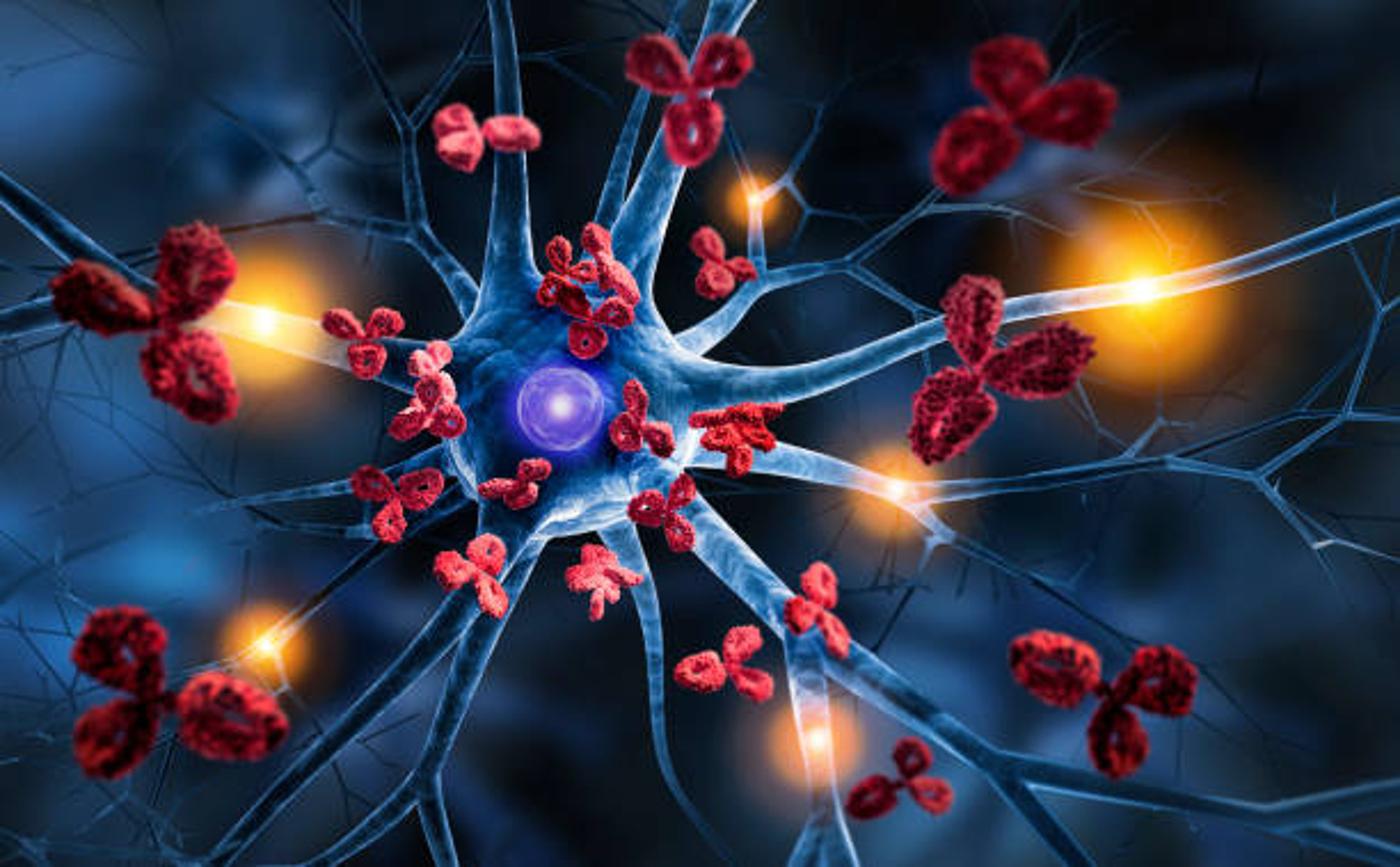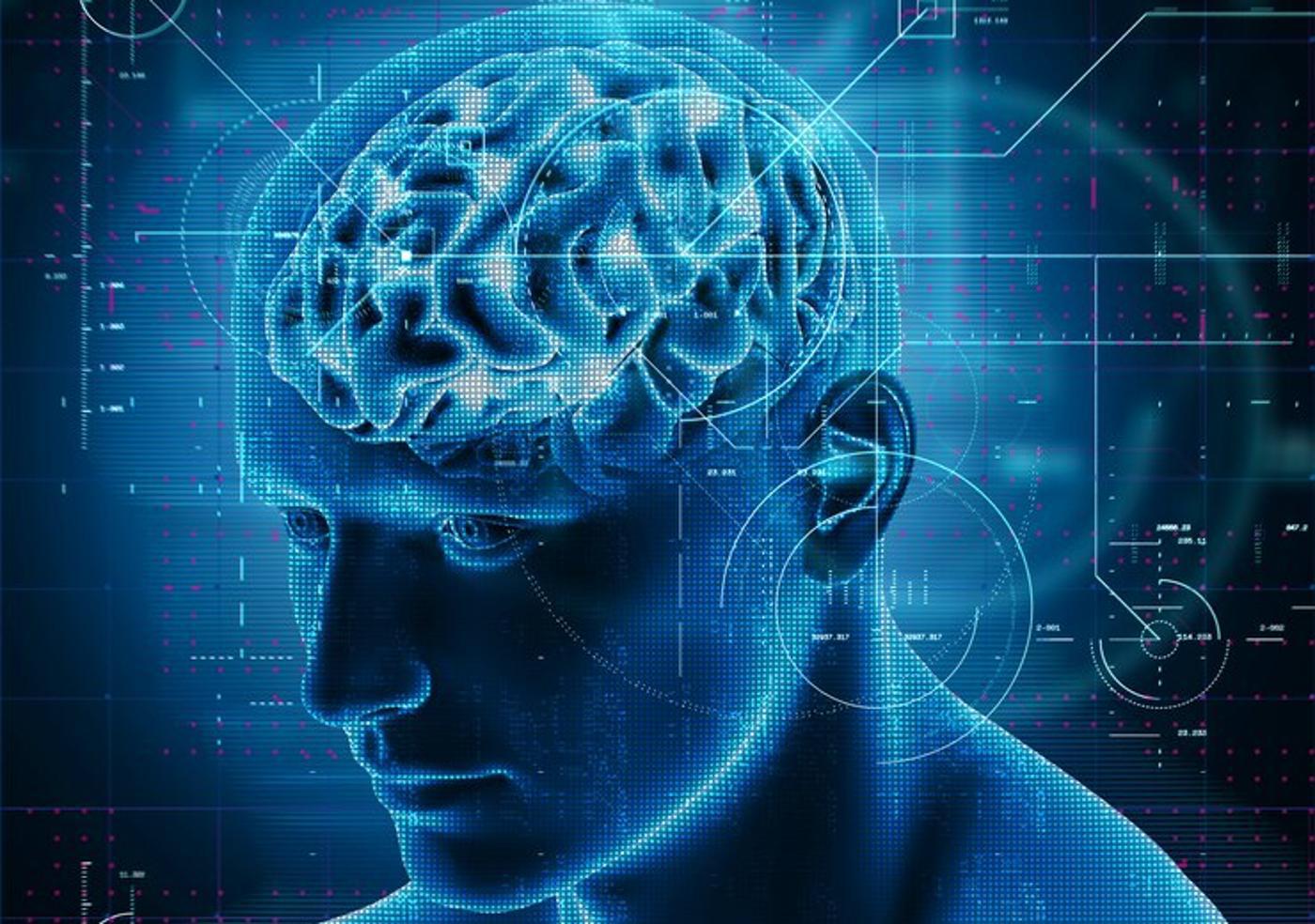As the most common form of dementia, Alzheimer’s affects roughly 5.8 million Americans and more than 55 million people worldwide. For decades, scientists have been desperately trying to find out what causes the degenerative brain disease and how to treat it, but they still have very few answers.
However, within their meticulous research, neuroscientists have been able to determine two environmental factors that can and often do lead to the development of Alzheimer’s: stress and alcohol. When a person is exposed to both of these factors throughout their lives, scientists say they are undoubtedly at risk.
What Is Alzheimer’s?

Medical professionals still have untold questions about Alzheimer’s, but what they do know is that it is a progressive disease that destroys memory and other important mental functions, including language, behavior, vision and even reasoning.
Losing one’s memory and other cognitive abilities often leads to confusion, making the final years of living with the fatal disease frustrating for both patients and their families alike.
Understanding the Biology of Alzheimer’s

Experts also know why a brain with Alzheimer’s slowly breaks down. Essentially, there is an abnormal buildup of proteins in the brain that attack to the brain cells, forming plaque deposits and inhibiting normal functions.
They still don’t understand exactly why this occurs or how to stop it. However, scientists have made some headway in figuring out what causes a person to develop Alzheimer’s disease in the first place.
What Causes Alzehimer’s?

Doctors around the world agree that the three most likely causes of Alzheimer’s are genetic predisposition, environmental factors and lifestyle choices.
And after years of research, they have been able to pin down two specific factors that can and do increase one’s chances of developing Alzheimer’s: chronic stress and alcohol use.
How Do Stress and Alcohol Cause Alzheimer’s?

Director of the Penn State Neuroscience Institute at University Park Nikki Crowley explained, “Alcohol consumption and stress are going to have a synergistic effect on Alzheimer’s Disease risk and general cognitive decline.”
“Both alcohol, stress, and other risk factors influencing brain glutamate signaling and inflammation — something researchers have colloquially named ‘inflammaging’—in key brain regions [are] related to cognition and memory,” Crowley continued.
Stress and Alcohol Together Increase the Risks

The neuroscientist who co-authored the study Neurobiology of Stress also explained the impact of someone who experiences chronic stress and regularly consumes alcohol.
Crowley reported, “When an individual is exposed to both a high amount of stress and drinks alcohol, the combination of the two has a greater impact on that person’s risk of Alzheimer’s disease and cognitive decline.”
Even Moderate Alcohol Consumption Can Lead to Alzheimer’s

Crowley continued, “It’s really going to depend on how much, and how long, an individual experiences stress and alcohol, either together or separately, as well.”
But she did say, “Even moderate amounts of alcohol consumption in midlife can lead to long-lasting changes in the brain that are unlikely to return to their baseline trajectories.”
Someone Who Uses Alcohol to Combat Stress Could See Cascading’ Effects

Crowley specifically mentions “people [who] consume alcohol to cope with stress, and this can have further cascading negative health effects” that can lead to the development of Alzheimer’s.
In short, any amount of stress or alcohol consumption can lead to Alzheimer’s disease. However, both in tandem are more dangerous than just one or the other.
Cutting Out Alcohol Is the Best Way to Protect the Brain

Of course, the vast majority of people experience stress at some point in their lives, and it can be challenging to prescribe a stress-free life. However, doctors can (and do) recommend that people ditch the alcohol, especially for those with dementia in their family history.
Crowley said, “If you have a family history of an alcohol use disorder, or of Alzheimer’s Disease or related dementias, you can talk to your family doctor about whether a zero-alcohol lifestyle is best for you.”
Tactics to Protect Yourself From Alzheimer’s

Although there is no absolute way to ensure you don’t develop Alzheimer’s, there are certain lifestyle choices you can make to minimize your chances.
Crowley recommends, “Taking care of any chronic health issues, working on your diet, getting more physical activity (and sleep!)”
Connection Can Help Protect the Brain

In addition to attending to your physical health, it’s also incredibly important to prioritize healthy human connections. Consistent socializing, conversation and expressions of love can be extremely beneficial in fighting off Alzheimer’s and other forms of dementia.
And of course, when possible, reduce the stress in your life, whether that means leaving the job you hate, taking time for self care or spending more time outside.
Doctors Around the World Will Soon Spread the Message

Crowley and her fellow researchers believe that their data will absolutely affect the way medical professionals around the world understand the causes of Alzheimer’s.
She explained, “While there’s a lot to be done, I think the field is likely going to converge on both alcohol, stress and other risk factors,” to help minimize the number of people who develop the disease in the future.








































